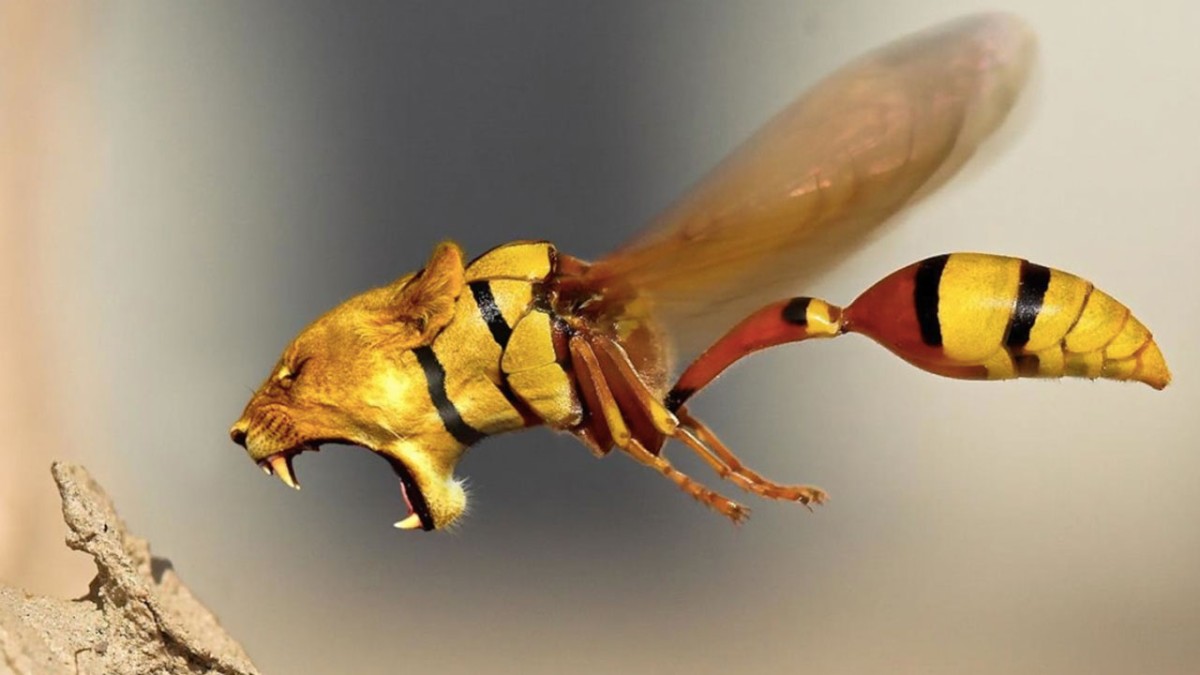
How should chimeric embryo research be regulated?
Amazingly, recent experiments fall between regulatory stools in Australia
Experiments with chimeras will lead to greater knowledge and better health. Or that’s the argument of Japanese scientist Hiromitsu Nakuchi. He recently was authorised to create animal embryos which contain human cells and transplant them into surrogate animals under the Japanese guidelines amended in March 2019.
The amended rules remove a previous prohibition on the making of chimeras past fourteen days. They allow the transfer of chimeric embryos into animals while barring them into humans.
In his study, Nakuchi proposes to create an animal embryo with a missing gene required for the creation of an organ, e.g. a pancreas. He will then insert human IPS cells into the animal embryo. As the animal matures, the human IPS cells will create a human pancreas.
Nakuchi intends to begin with the creation of hybrid mice, followed by hybrid rats and hybrid pigs. His ultimate objective is to develop animals with human organs which could be transplanted into a human patient.
Making chimeras is, to put it mildly, contentious, whether you view it from the angle of human dignity or animal welfare.
For instance, human cells could move to the animal’s brain and affect their consciousness (though Nakuchi has assured that this is unlikely to happen as they attempt to do targeted organ generation and the human cells only travel to the organ).
Developing human organs in a chimera body raises disturbing questions about the moral status of beings which are neither entirely human nor an animal. Should the chimera be treated as a person?
Reproduction with animals is a nigh-universal taboo. Many people feel that blending even a little amount of human cellular material with that of an animal is unnatural, immoral and unacceptable.
So what would be the legal status of Nakuchi’s chimeras in Australia?
Somewhat surprisingly, the creation of chimeras falls between the cracks of the statute governing human embryo research in Australia.
The Prohibition of Human Cloning Act for Reproduction (PHCR) Act 2002 outlaws the creation of ‘chimeric embryos’ under section 17 and the development of a ‘hybrid embryo’ for more than 14 days under section 18. These are criminal offences with the punishment of 10 years jail term if the researchers is found guilty.
However, Nakuchi’s chimeras are not captured by the PHCR Act. In the legislation, a chimeric embryo is defined as ‘a human embryo into which a cell, or any component part of a cell, of an animal has been introduced.’
And a hybrid embryo is defined as an embryo created by the fertilisation of a human egg by animal sperm (or vice versa) or where a human egg into which the nucleus of an animal cell has been introduced (or vice versa). Thus, the making of Nakuchi’s chimeras does not break the law.
In the US, while chimeras have been produced, they were not brought to term. The National Institute of Health (NIH) recommended lifting a moratorium on this research in 2016 but there has been no policy revision.
The International Society for Stem Cell Research (ISSCR) backs the new Japanese rules allowing experiments on chimeric embryos. Recommendation 2.1.5 of the ISSCR guidelines states that research creating chimeras is permitted provided it is subject to ethics review and strict oversight.
The Japanese new rules build on this particular recommendation. It provides: “Research that entails incorporating human totipotent or pluripotent cells into animal hosts to achieve chimerism of either the central nervous system or germ line requires specialized research oversight. Such oversight should utilize available baseline animal data grounded in rigorous scientific knowledge or reasonable inferences and involve a diligent application of animal welfare principles.”
In deliberative democracies, such ethically contentious matters should be explored in forums. The debates should involve ethicists, scientists, reviewers, funders and the public. The various concerns offer a timely opportunity for us to participate in ethical decisions about whether to pursue such experiments.
Existing ethics review committees which are lacking expertise to address issues in emerging innovative technologies need specialists to sit in the meetings. And if society is ready, law reform would then be recommended to strictly regulate this kind of research.
Dr Patrick Foong is a law lecturer at Western Sydney University. His research interest lies in bioethics and health law
Creative commons
https://www.bioedge.org/images/2008images/FB_Chimera_1.jpg
chimeras
stem cell research
